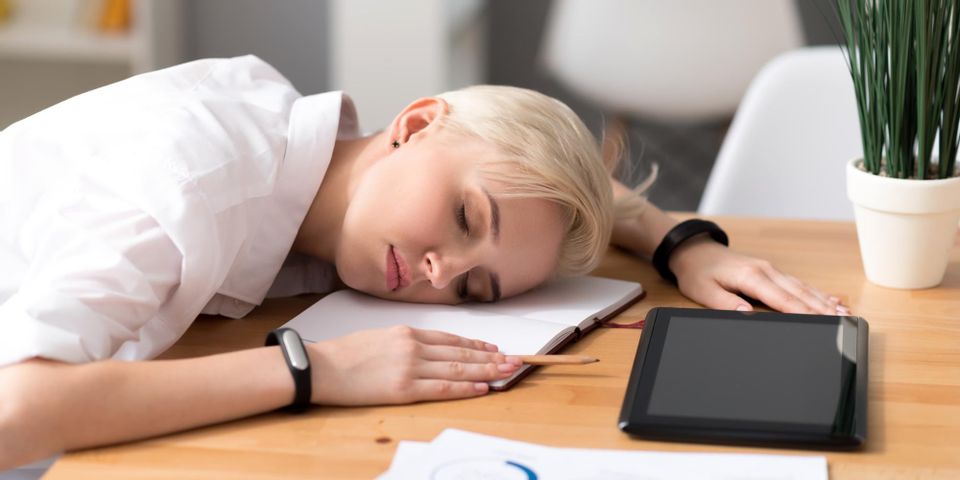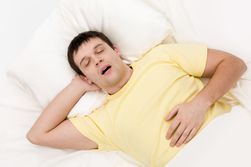
Sleep apnea is a disorder in which you stop breathing for short or long periods of time while you sleep. It can be caused by a range of issues, and results in restless nights for you and your partner. If you suspect your snoring problems are caused by this condition, understanding more about it will help you self-diagnose. Here’s a guide to some of the common questions people have about sleep apnea.
FAQ About Sleep Apnea
What are the different kinds of sleep apnea?
Mild sleep apnea happens when you stop breathing for about five to 15 times per hour of sleep, while a moderate case will cause 15 to 30 events per hour. If you’ve stopped breathing 30 or more times throughout the night, you have the severe form of the disorder.
The condition can also be obstructive or central. The former happens when your throat muscles relax and block your airway. Central sleep apnea starts in the brain, which sometimes neglects to remind your muscles to breathe.
What are the symptoms?
Snoring loudly, as well as feeling like you didn’t get enough rest or getting frequent morning headaches are common symptoms of this condition. During the night, you may wake up gasping for air. You might find yourself falling asleep during everyday activities, too.
What puts you at a higher risk?
Being overweight may cause sleep apnea because it adds excess tissue around the mouth and throat, which relax as you sleep and cause blockages. Dental issues such as tonsillitis, misaligned teeth, or a small lower jaw can cause it, too. People with Down syndrome often experience it because they naturally have enlarged tongues and tonsils, as well as soft throat tissue. Hypothyroidism, smoking, excessive alcohol consumption, and congestion caused by allergies or a crooked nasal cavity are all contributing factors to airway obstructions as well.
What are my treatment options?
Some doctors recommend using a continuous positive airway pressure (CPAP) machine to keep air flowing into your system through a facial mask as you sleep. A dentist may also create an oral device that you wear while you sleep. Molded after your mouth, this appliance will keep your airways open to prevent snoring and sleep apnea symptoms.
If you have sleep apnea, Riviera Dental Care PC in Foley, AL, will provide you with an oral device called the SomnoDent MAS to prevent symptoms. Backed by clinical research and made to be both comfortable and functional, this device is a simple and effective treatment. This dental clinic also offers a range of preventive and restorative services to care for your teeth. Learn more about their sleep apnea solution online or call (251) 943-3368 to schedule an appointment.
About the Business
Have a question? Ask the experts!
Send your question

